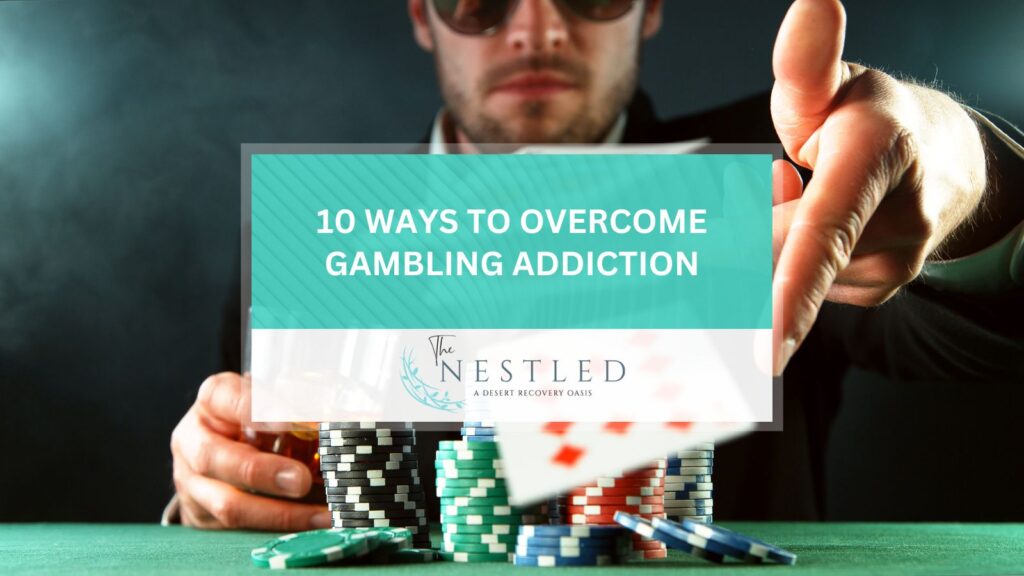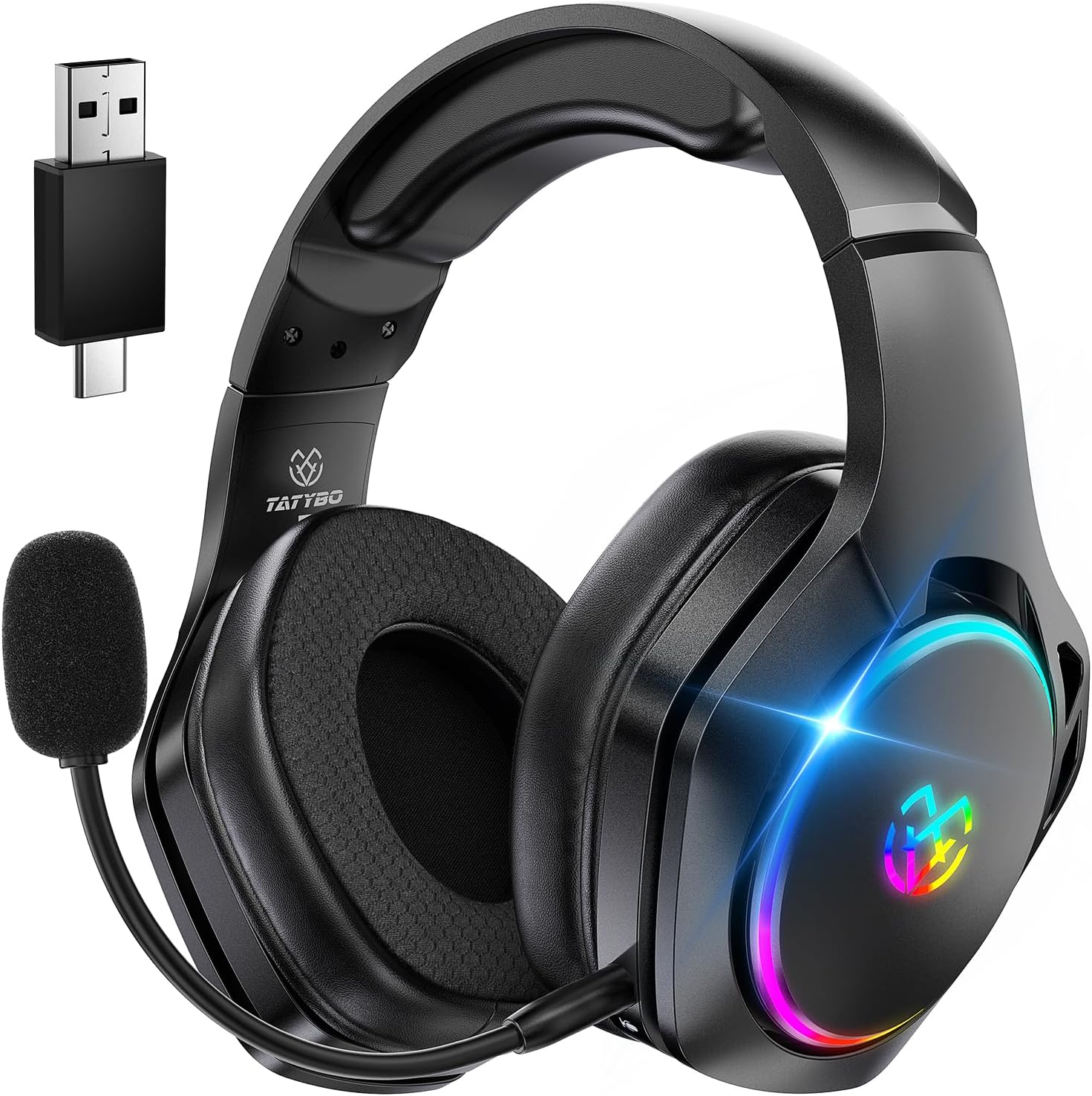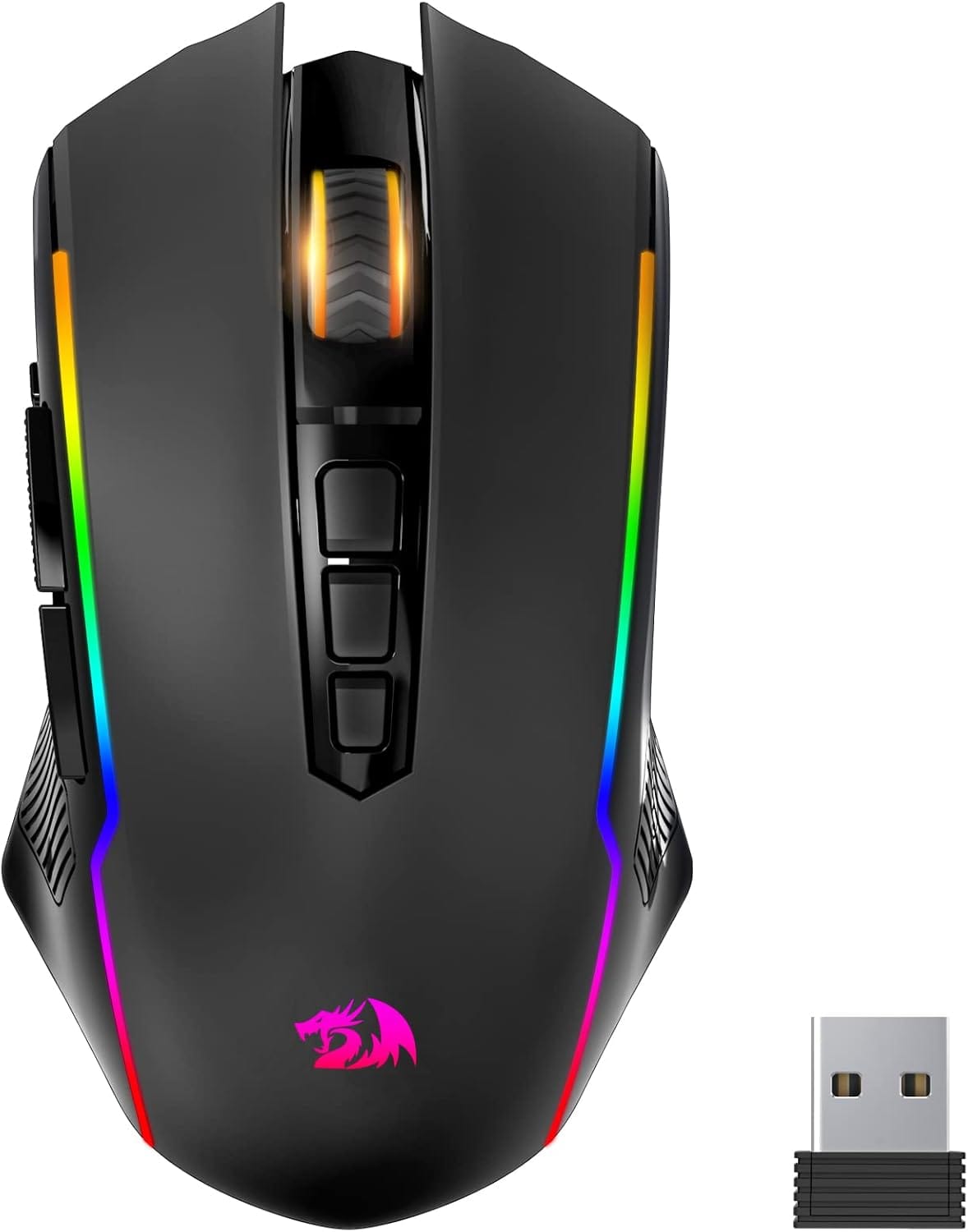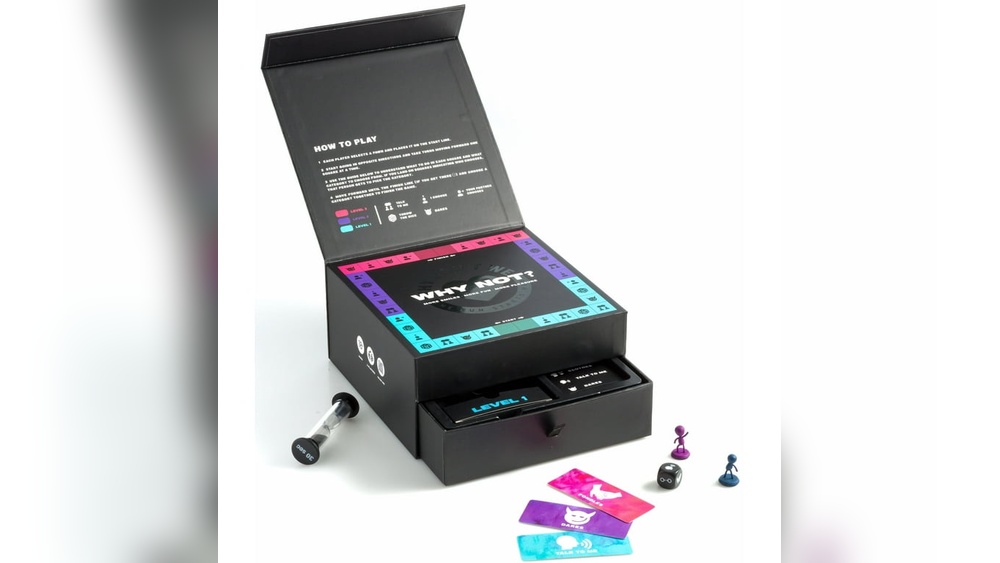Are you finding it hard to control your gambling? You’re not alone, and the good news is that help is within reach.
Gambling issues can affect your money, your relationships, and your peace of mind. But you don’t have to face this challenge by yourself. You’ll discover simple, effective steps to take back control of your life. Keep reading, because the solutions you need are closer than you think.

Credit: thenestledrecovery.com
Signs Of Gambling Problems
Recognizing signs of gambling problems is the first step to getting help. These signs often show up in behavior, money matters, and emotions. Knowing these signs can alert you or someone you care about to seek support early. Watch for small changes that seem unusual or sudden.
Behavioral Changes
People with gambling problems may act differently. They might hide their activities or lie about where they go. Sudden mood swings or irritability can occur. Spending more time alone or avoiding friends and family is common. They may also show restlessness or seem distracted often.
Financial Warning Signs
Money problems often appear first. Borrowing money frequently or asking for loans can be a red flag. Bills may go unpaid or disappear. They might sell belongings to get cash quickly. A sudden need for more money, without clear reasons, is a strong warning sign.
Emotional Impact
Gambling problems affect feelings deeply. Anxiety and stress may increase over time. Feelings of guilt or shame are common. Depression or hopelessness can develop. There may be a loss of interest in activities once enjoyed. These emotional changes often point to a serious issue.
Causes Of Gambling Issues
Understanding the causes of gambling issues helps in managing the problem better. Many factors can lead to unhealthy gambling habits. These causes often overlap and affect each person differently.
Psychological Factors
Some people gamble to escape stress or sadness. Gambling can feel like a quick way to feel better. Problems like anxiety or depression increase the risk. The brain’s reward system also plays a role. It creates strong urges to keep playing despite losses.
Social Influences
Friends or family who gamble can influence habits. Social pressure sometimes pushes people to join in. Gambling might seem like a way to fit in or have fun. Cultural attitudes toward gambling also matter. In some groups, gambling is more accepted or common.
Environmental Triggers
Easy access to gambling places raises the chance of problems. Online gambling sites make playing possible anytime. Advertisements can encourage risky behavior. Stressful life events or financial troubles can trigger gambling urges. The environment around a person affects their choices strongly.
Self-help Strategies
Dealing with gambling issues starts with small steps you can take yourself. Self-help strategies help control urges and build better habits. These methods focus on changing your behavior without outside help. You gain more control over your gambling by using these tips daily.
Setting Limits
Set clear boundaries on how much time and money you spend. Decide a fixed amount of money for gambling and never go over it. Limit your gambling sessions to short periods. Write down your limits and keep them visible. This practice helps prevent overspending and reduces the risk of addiction.
Finding Alternatives
Replace gambling with healthier activities. Try sports, reading, or hobbies you enjoy. Spend time with friends and family to distract yourself. Find new interests that give you joy and satisfaction. These alternatives reduce the urge to gamble and improve your mood.
Tracking Spending
Keep a record of all your gambling expenses. Note down each bet, win, and loss carefully. Review your spending weekly to see patterns. Tracking helps you stay aware of how much you really spend. It also motivates you to stick to your limits and avoid losses.
Seeking Professional Support
Dealing with gambling problems is challenging. Seeking professional support can make a big difference. Experts offer guidance and tools to regain control. They help you understand your behavior and build healthier habits.
Therapy Options
Therapy helps address the root causes of gambling. Cognitive-behavioral therapy (CBT) is common and effective. It changes negative thoughts and behaviors. Individual therapy provides one-on-one support. Group therapy offers shared experiences and support from others.
Support Groups
Support groups bring people with similar struggles together. They provide a safe space to share and listen. Hearing others’ stories can inspire hope. Meetings often follow a structured program like Gamblers Anonymous. Regular attendance helps maintain motivation and commitment.
Medication
Some medications help reduce gambling urges. Doctors may prescribe antidepressants or mood stabilizers. Medication works best combined with therapy. It can ease anxiety and depression linked to gambling. Always consult a healthcare professional before starting any medicine.
Helping A Loved One
Helping a loved one with gambling problems is hard. They may not see the problem themselves. Your support can make a big difference. Patience and care are key. This section guides you through the best ways to help.
Approaching The Conversation
Choose a quiet time to talk. Speak with kindness and without blame. Use “I” statements like “I feel worried.” Avoid arguments or judging. Listen more than you speak. Show you want to understand their feelings. Keep the focus on your concern, not their mistakes.
Offering Support Without Enabling
Support means helping them face the problem. Do not give money or cover debts. Set clear limits on what you can help with. Encourage honest talks about their struggles. Show love and care but avoid protecting them from consequences. Help them find healthy activities to replace gambling.
Encouraging Treatment
Suggest they see a professional for help. Offer to find local support groups or counselors. Explain that treatment can improve life and relationships. Respect their decision but keep encouraging gently. Celebrate small steps toward change. Remind them they are not alone in this fight.

Credit: www.amazon.com
Preventing Relapse
Preventing relapse is a key part of dealing with gambling problems. Staying free from gambling is not easy. It needs focus and effort every day. Understanding what makes you want to gamble again helps a lot. Changing your daily habits and staying close to people who support you builds strength. These steps keep you on a better path.
Identifying Triggers
Triggers are things that make you want to gamble. They can be places, feelings, or people. Stress, boredom, or even certain sounds might trigger urges. Notice these triggers early. Write them down. Avoid or prepare for them. This reduces the risk of falling back into gambling.
Building Healthy Habits
Good habits replace old gambling routines. Exercise, hobbies, and reading help fill your time. Try to keep busy and focused on positive tasks. Set small daily goals. Eat well and sleep enough. Healthy habits improve mood and reduce cravings for gambling.
Maintaining Support Networks
Support from friends and family strengthens your recovery. Share your struggles and progress with people you trust. Join support groups or counseling sessions. Talking with others who understand helps you stay strong. Being connected lowers the chance of relapse.

Credit: mypsychiatrist.com
Frequently Asked Questions
What Are Common Signs Of Gambling Addiction?
Common signs include frequent gambling, lying about it, chasing losses, and financial problems. Emotional changes like irritability and anxiety also appear. Recognizing these early helps seek timely support and prevent further harm.
How Can I Stop Gambling Compulsively?
Stopping compulsive gambling starts with admitting the problem. Seek professional help like counseling or support groups. Set strict budgets, avoid triggers, and find healthy hobbies to replace gambling habits. Consistency and support improve recovery chances.
What Resources Help With Gambling Issues?
Resources include counseling services, helplines, and support groups like Gamblers Anonymous. Online tools offer self-assessment and coping strategies. These provide guidance, emotional support, and practical steps to control gambling behavior effectively.
How Does Gambling Affect Mental Health?
Gambling often causes stress, anxiety, and depression. It can lead to feelings of guilt and isolation. These mental health challenges worsen if the addiction persists without treatment or support.
Conclusion
Dealing with gambling issues takes time and patience. Small steps can lead to big changes. Talk to trusted friends or family for support. Seek help from professionals if needed. Set clear limits and stick to them daily. Stay busy with hobbies and healthy activities.
Remember, every effort counts toward a better life. You are not alone in this journey. Keep moving forward, one day at a time. Hope and recovery are always possible.









